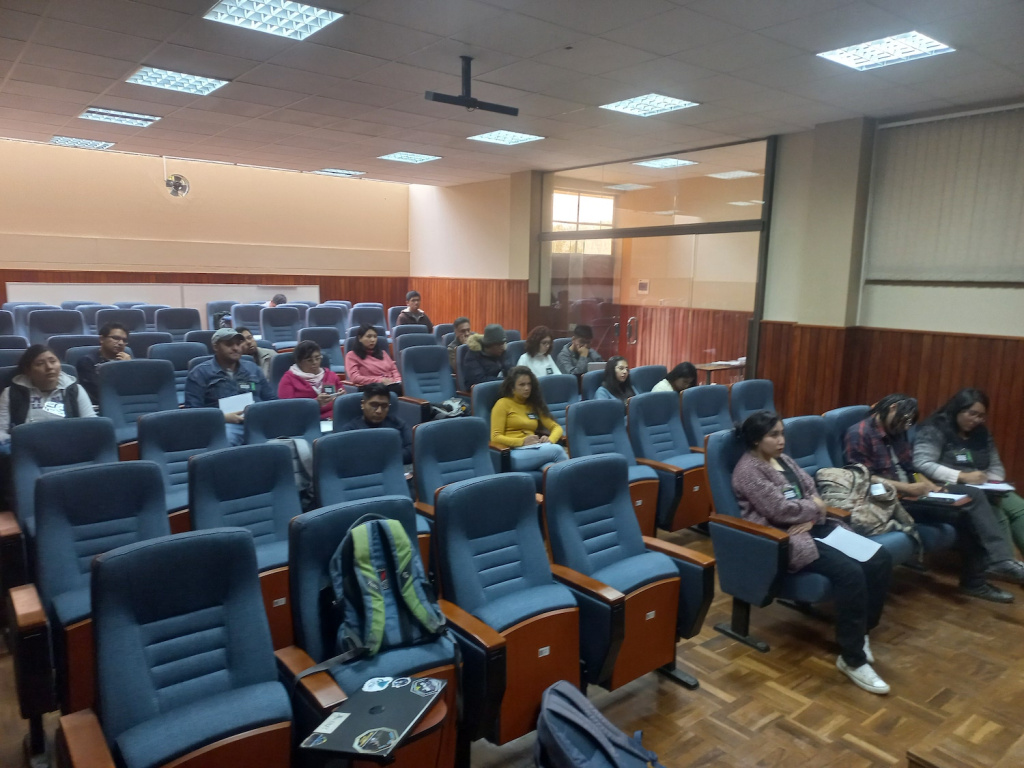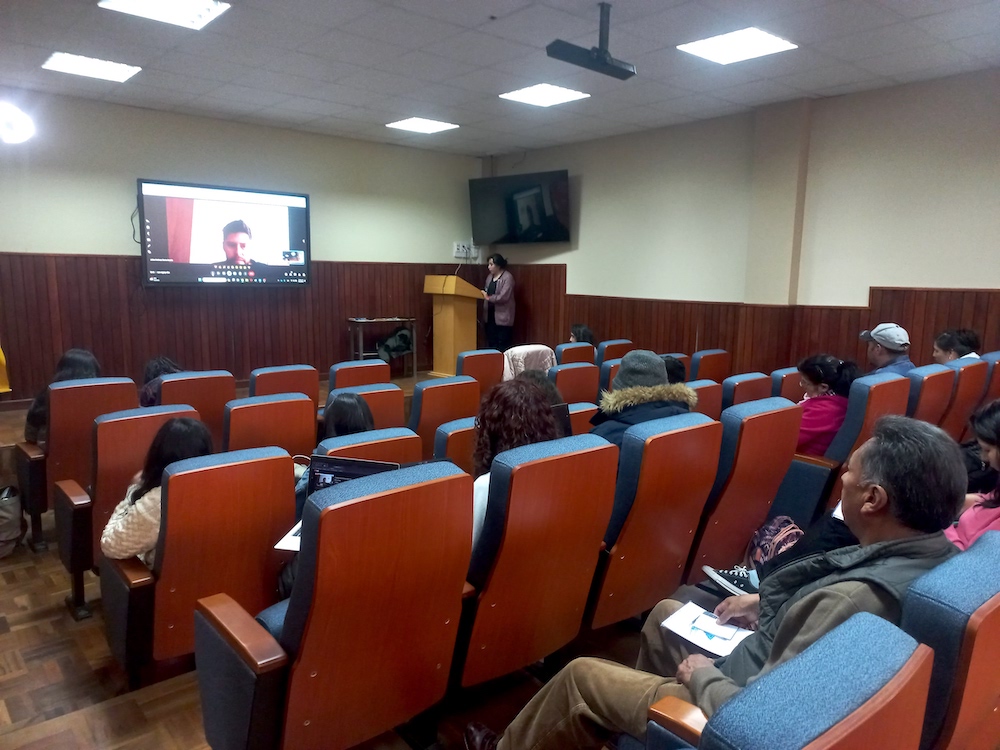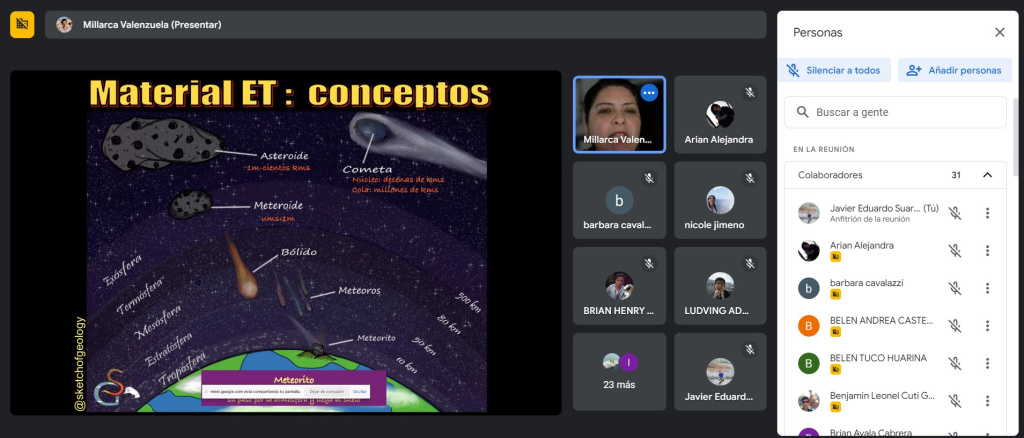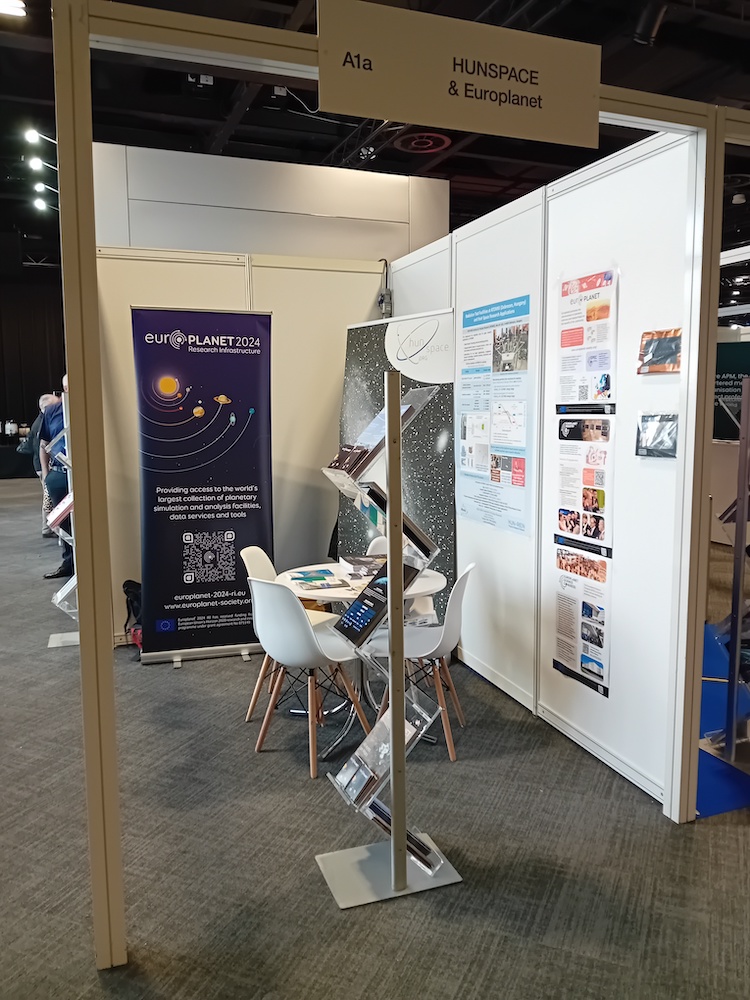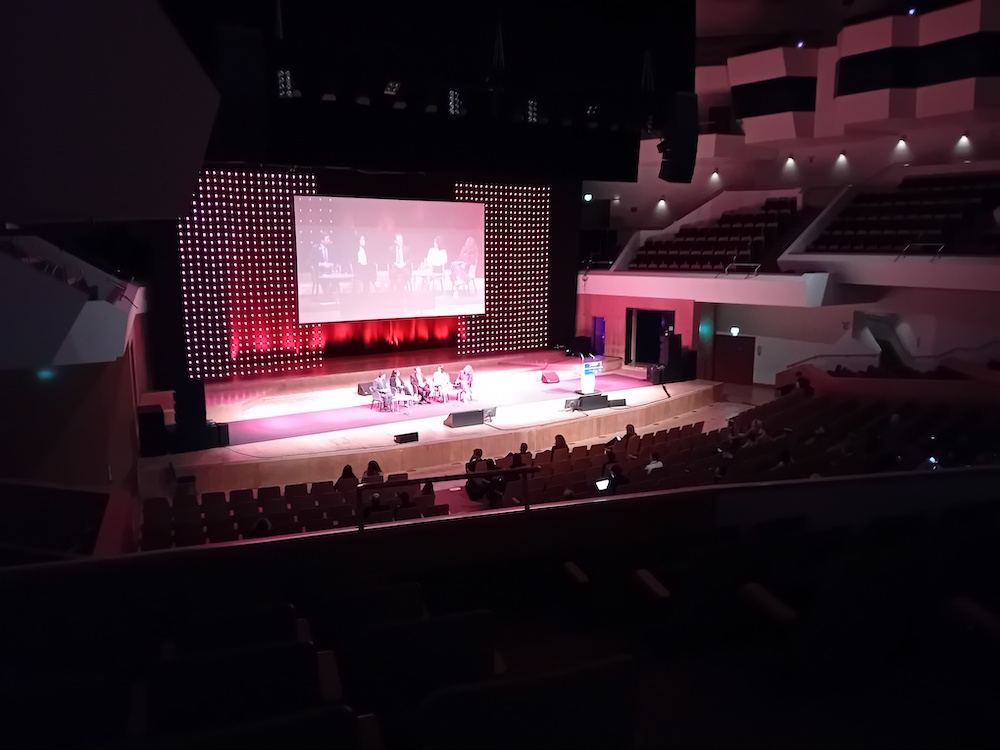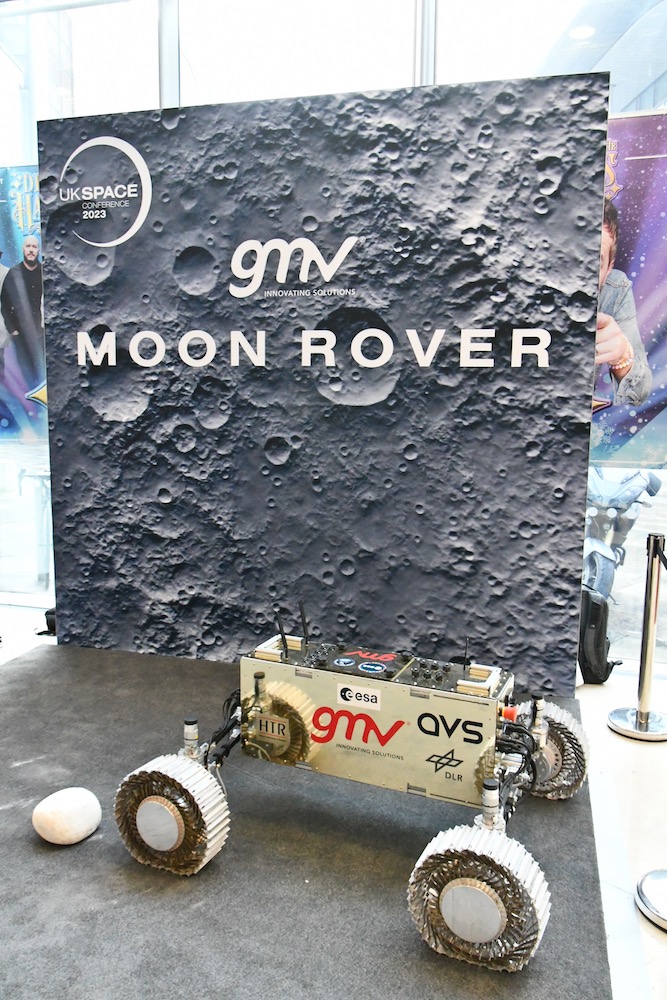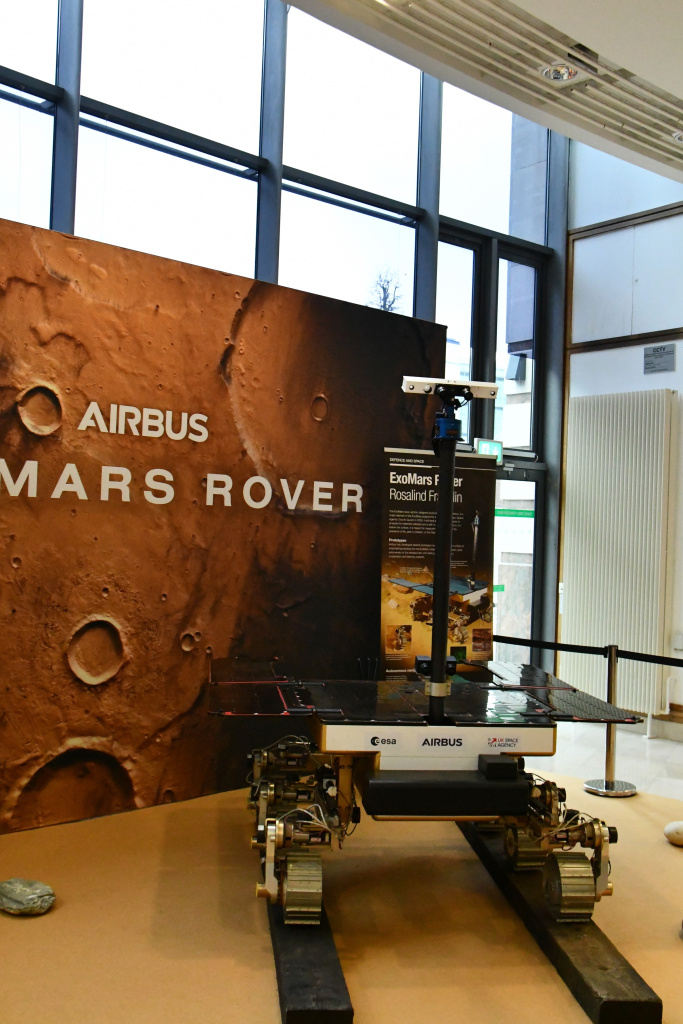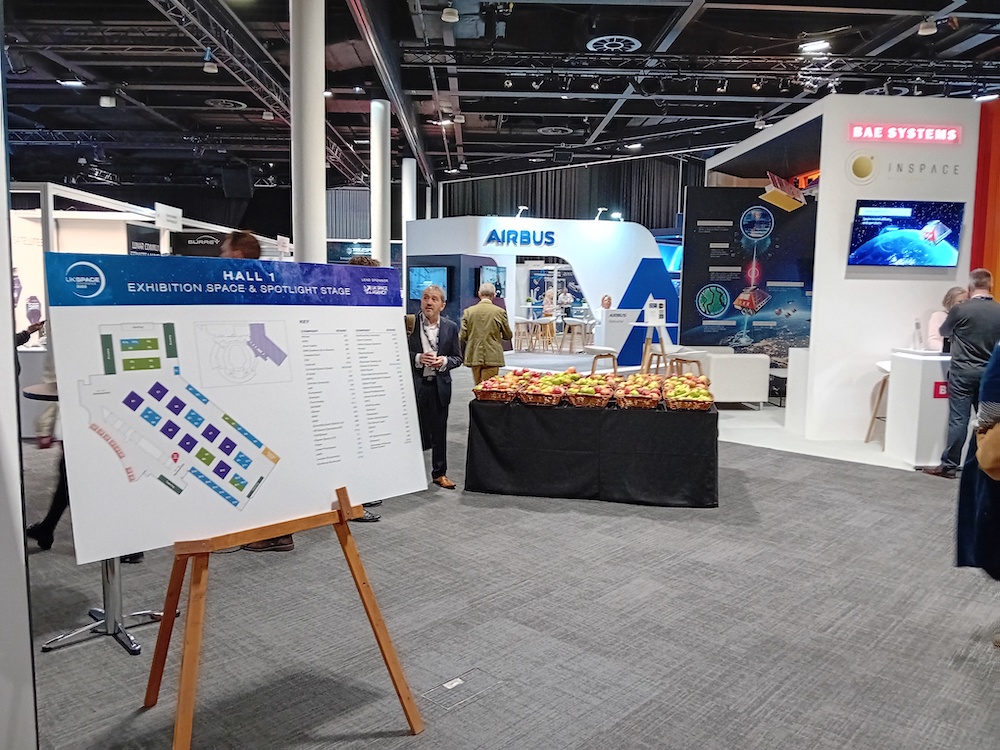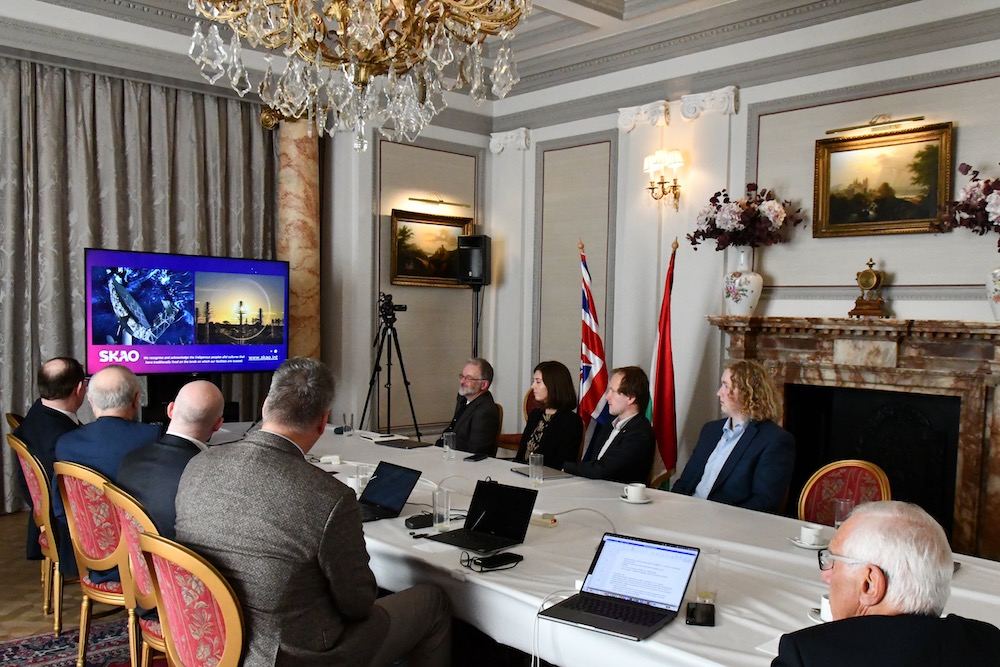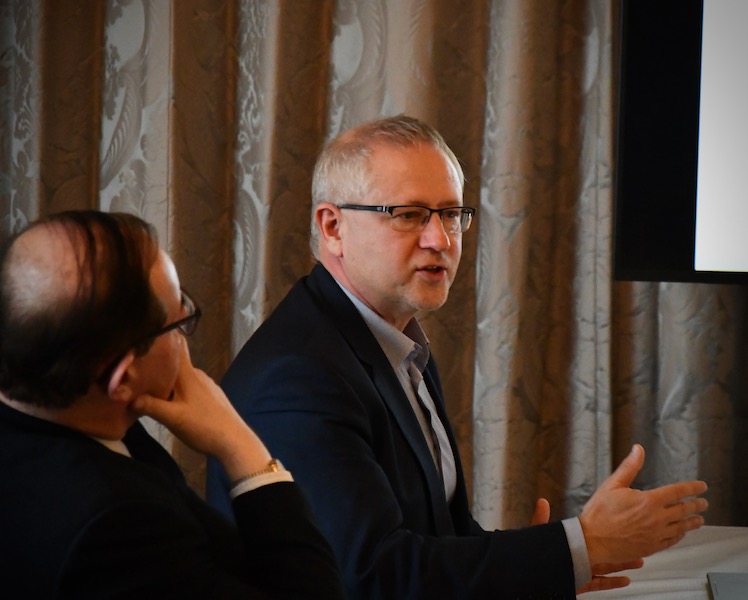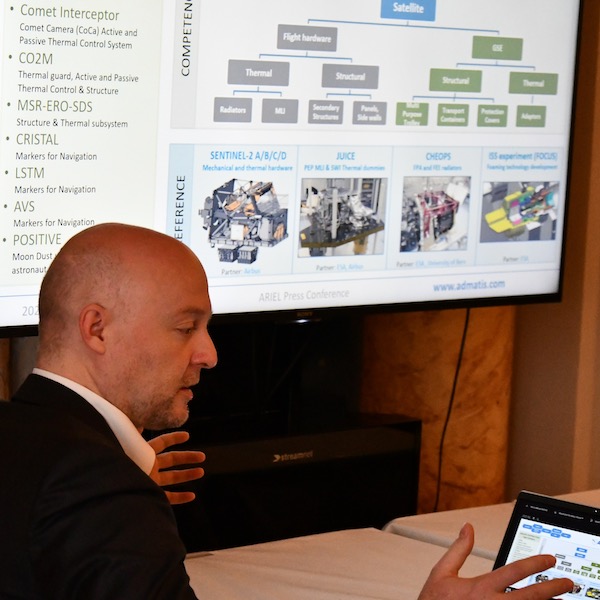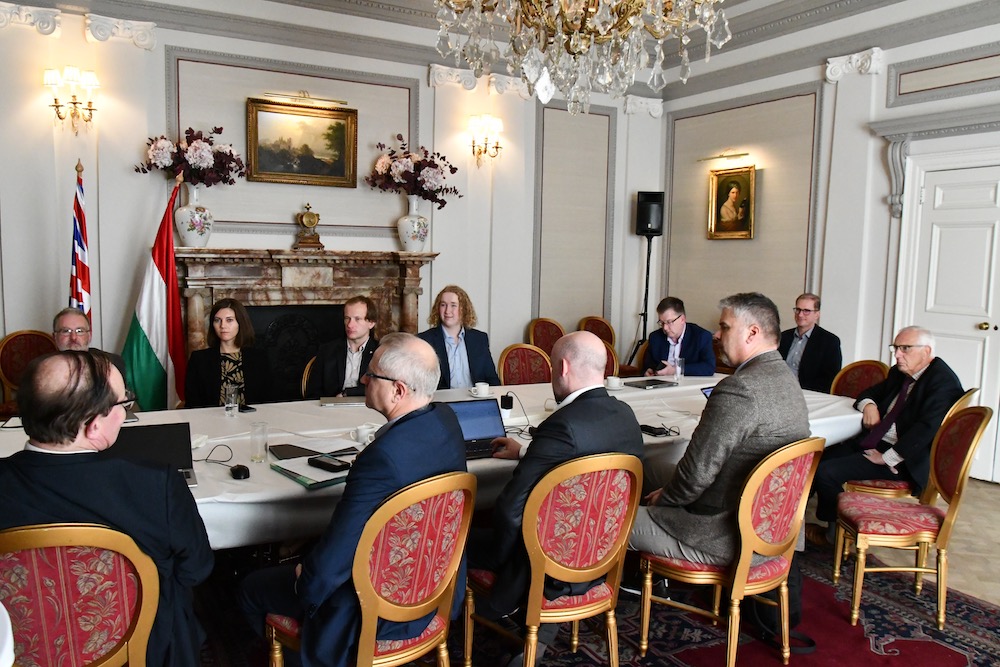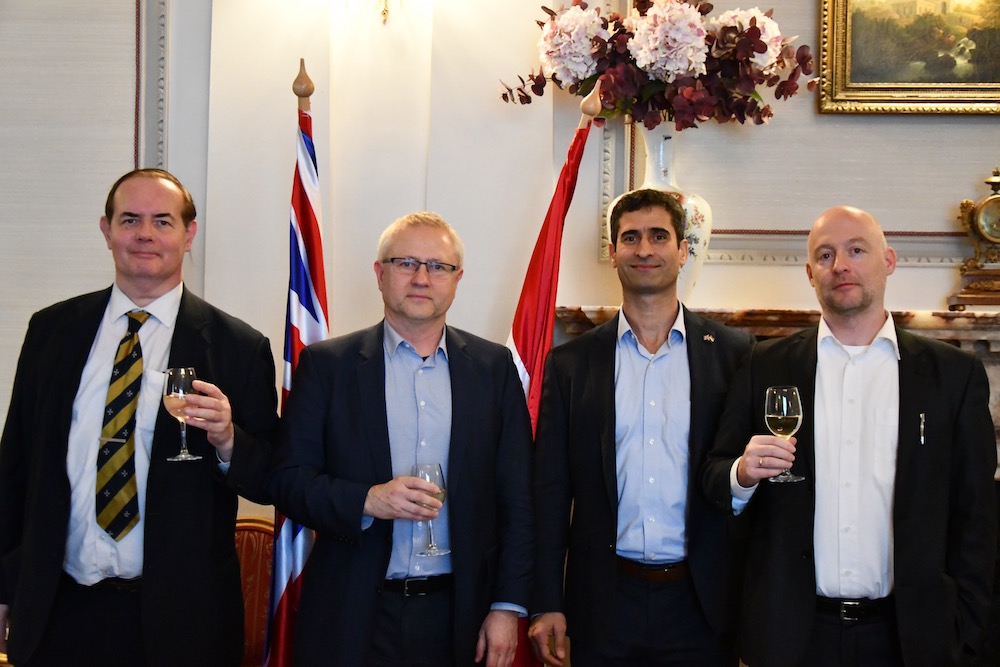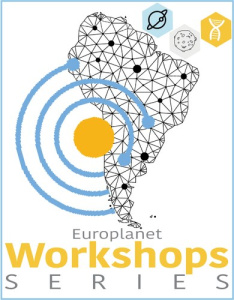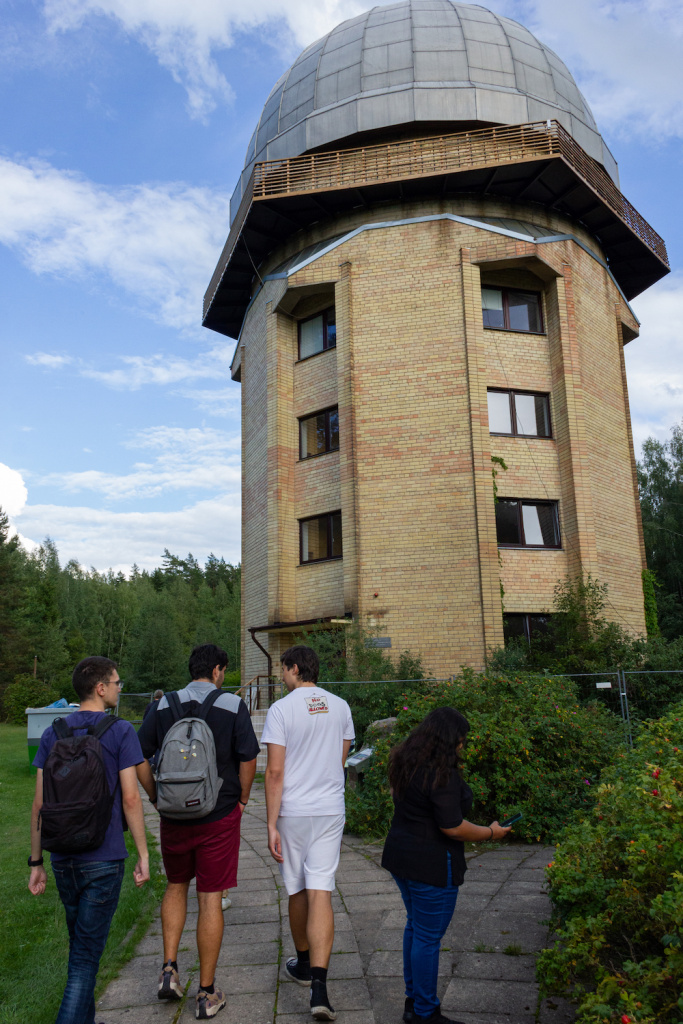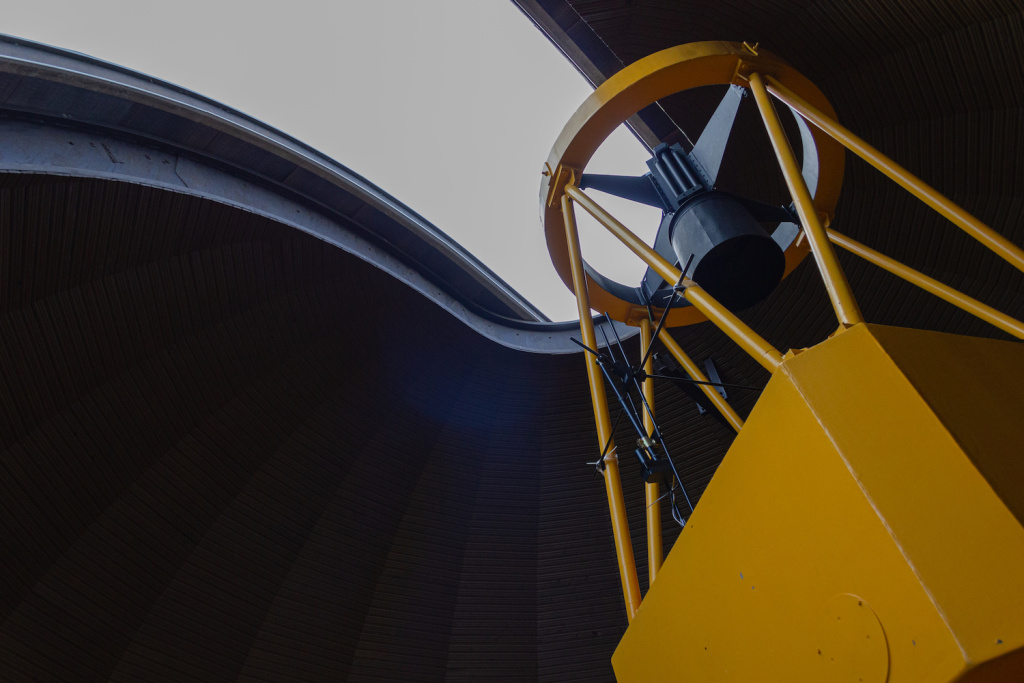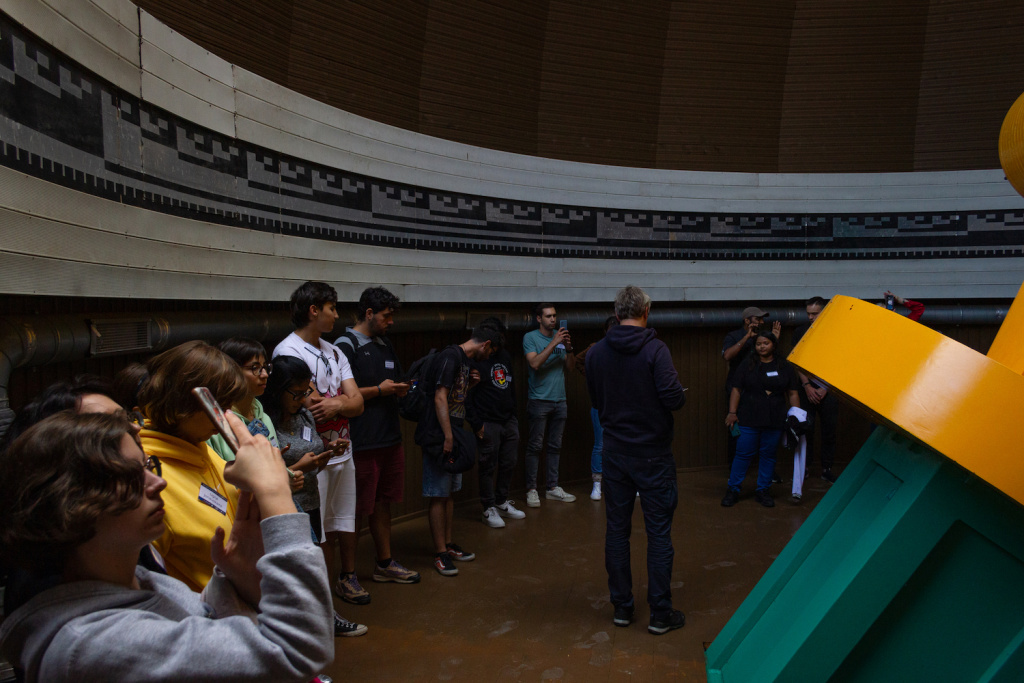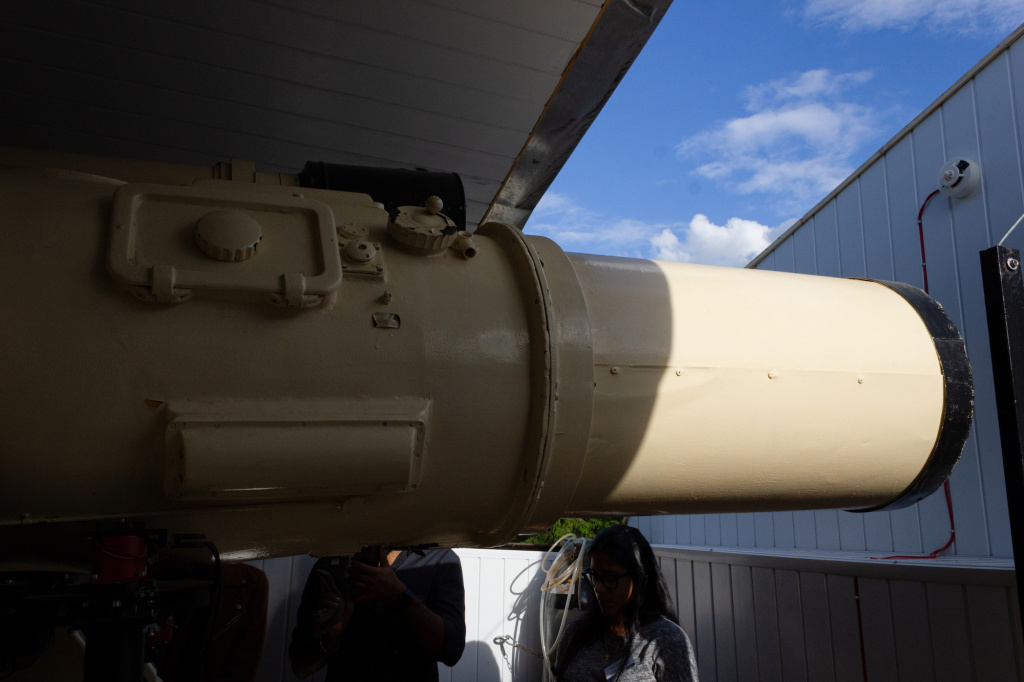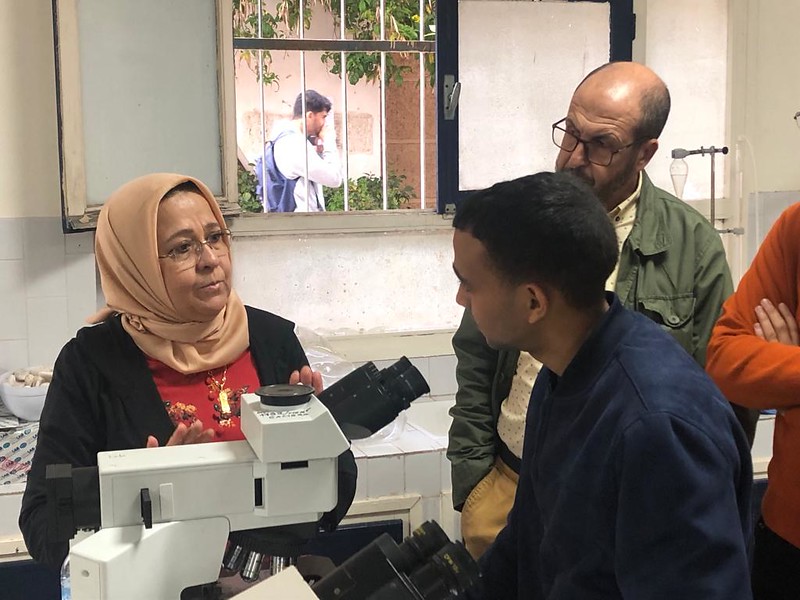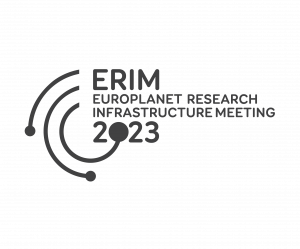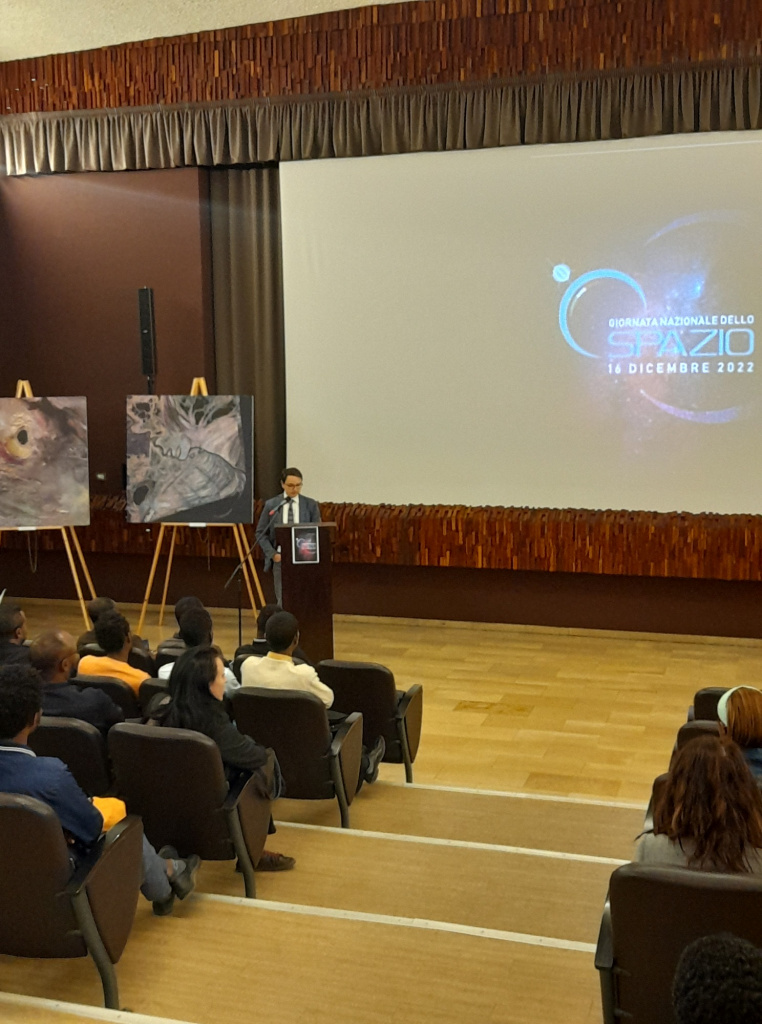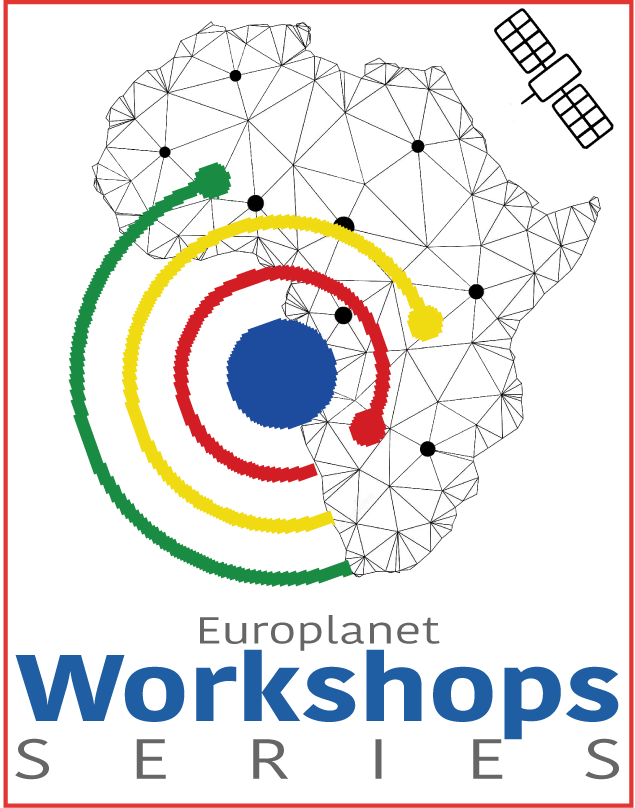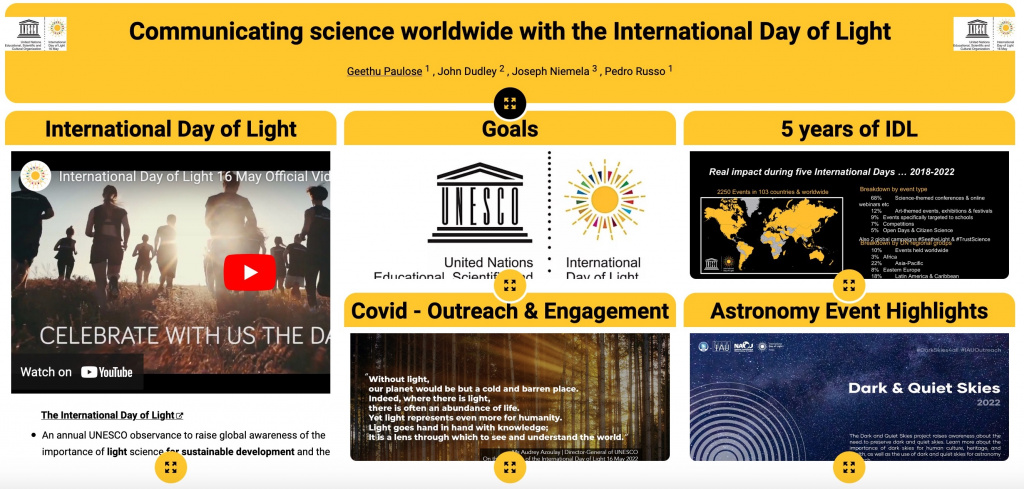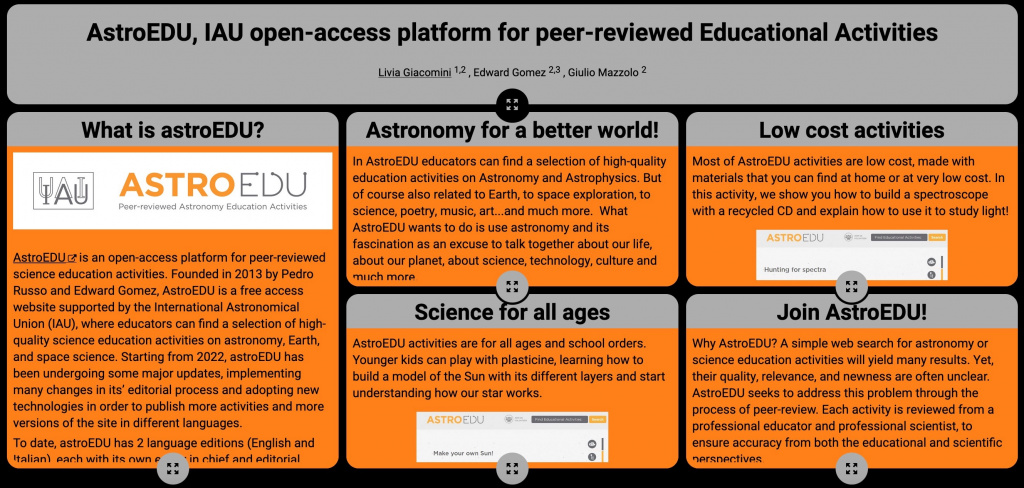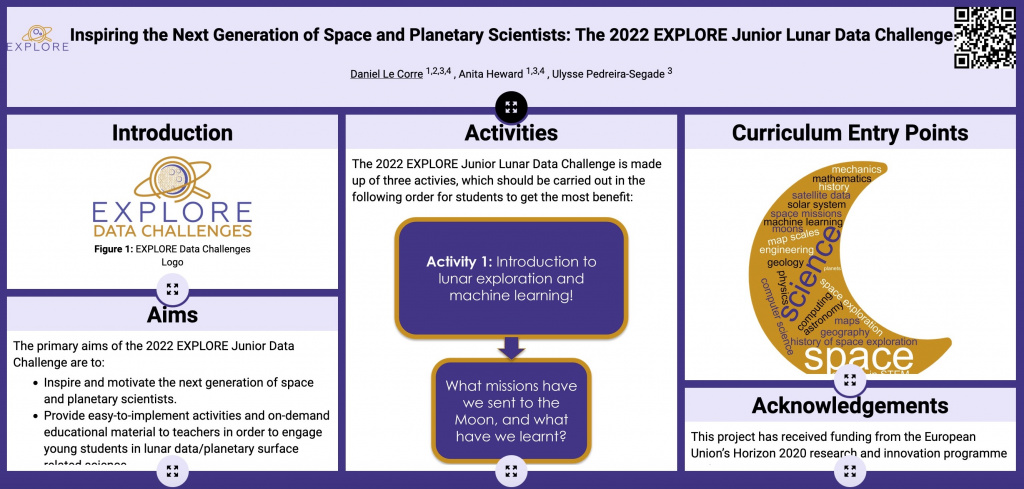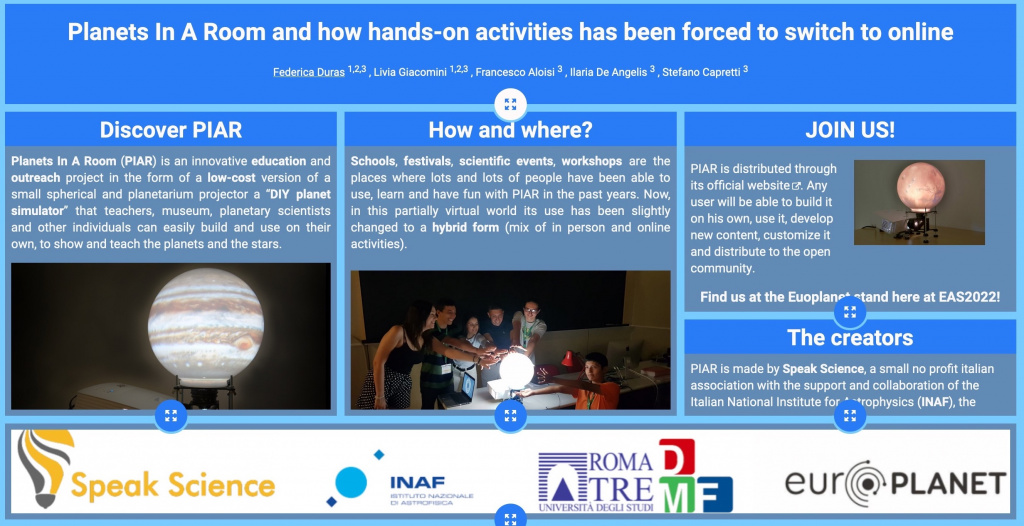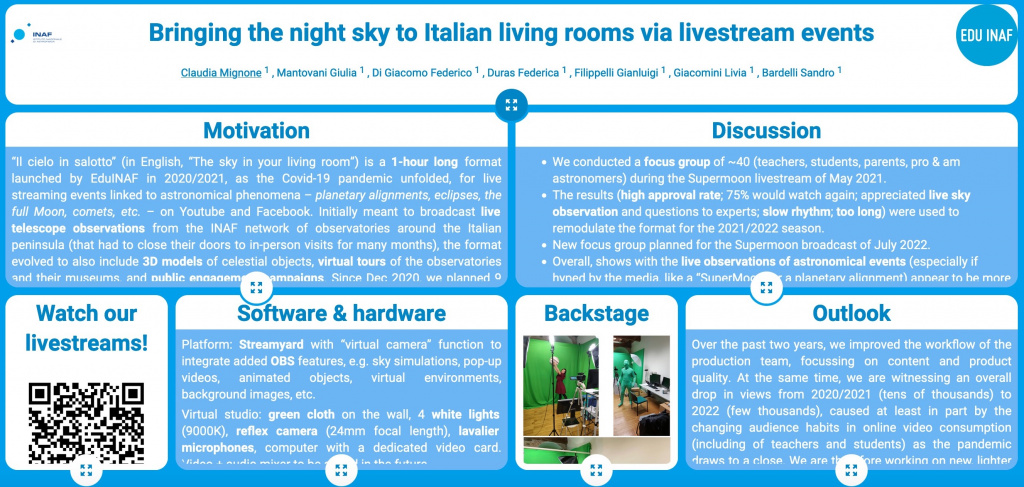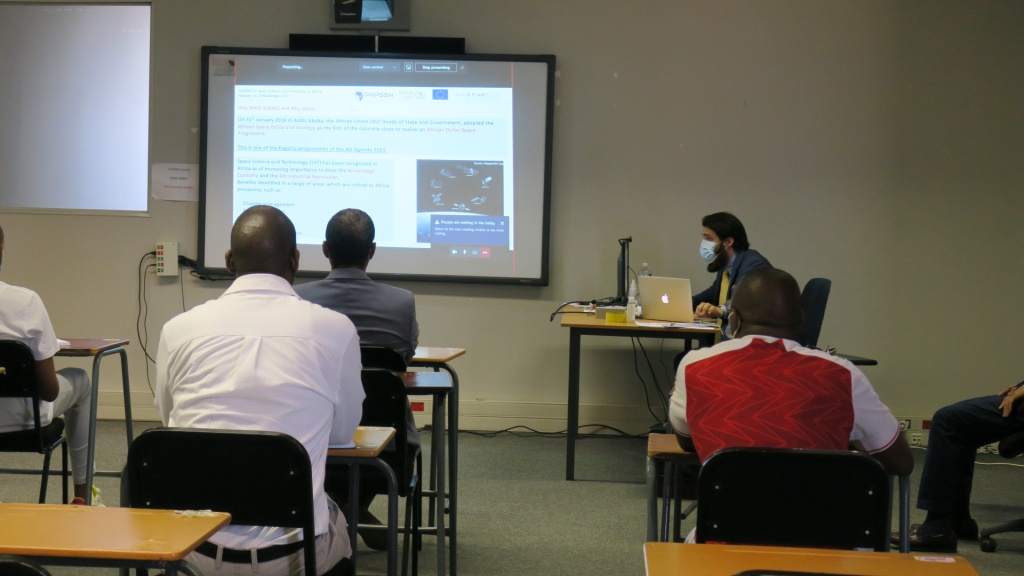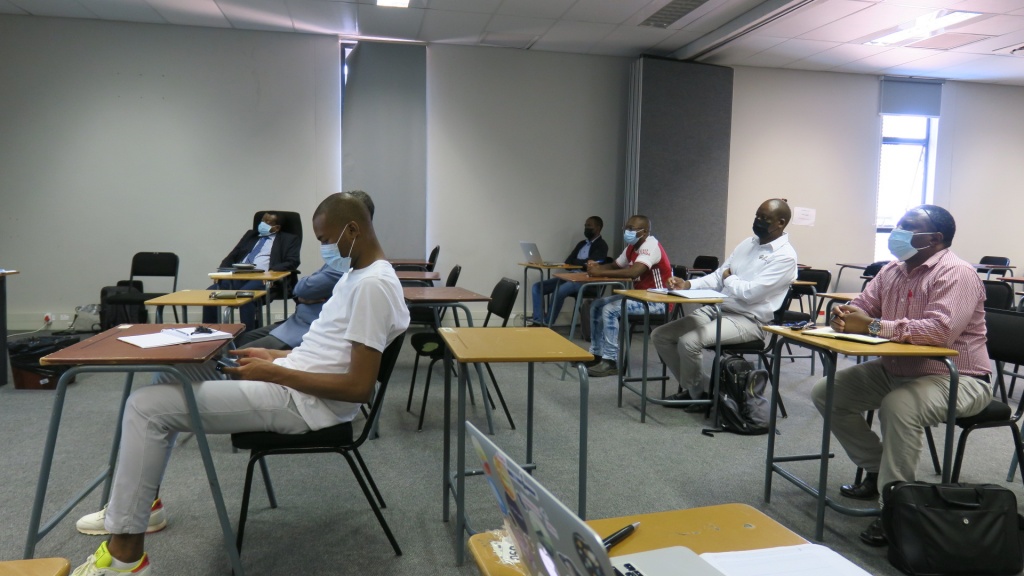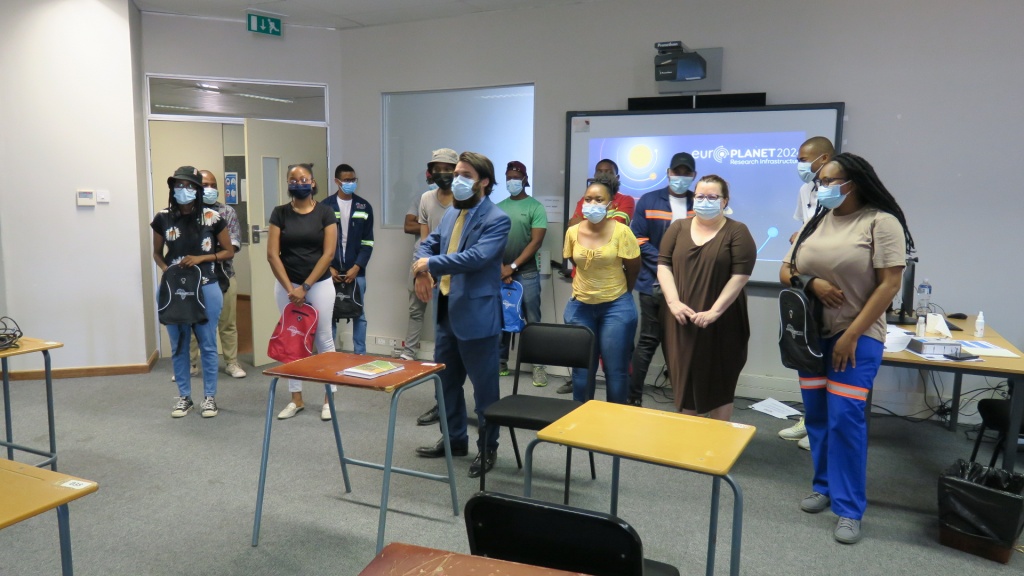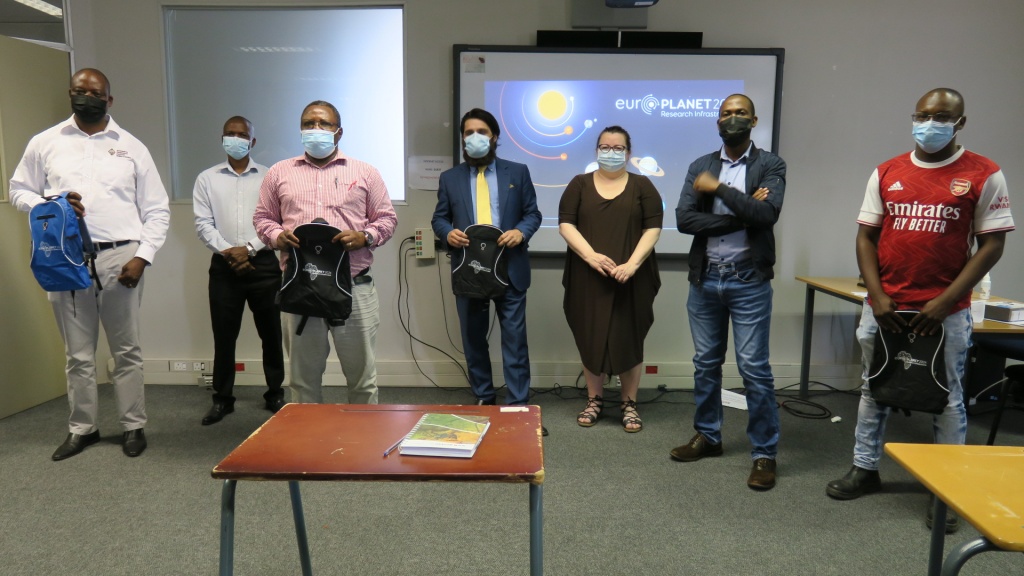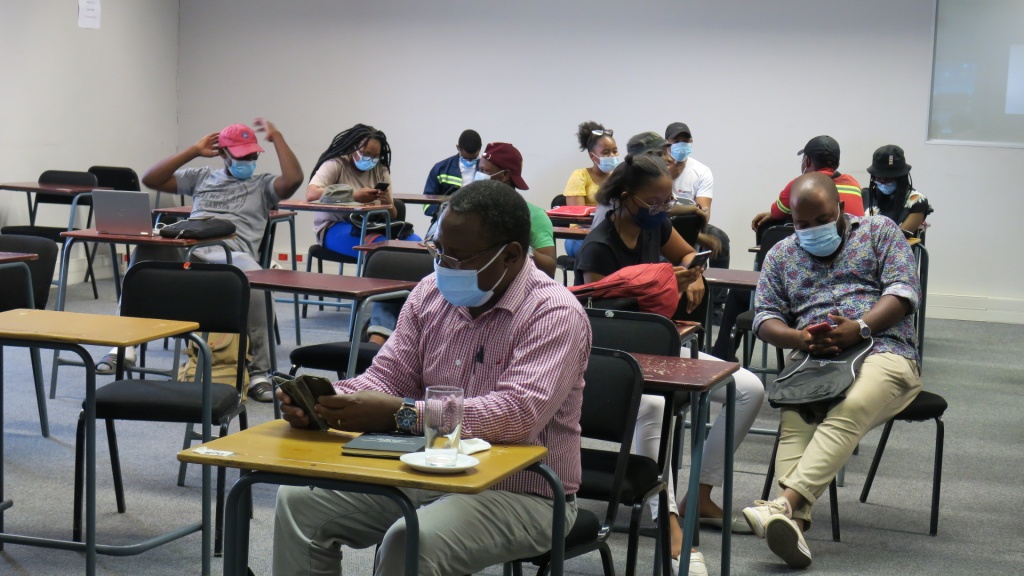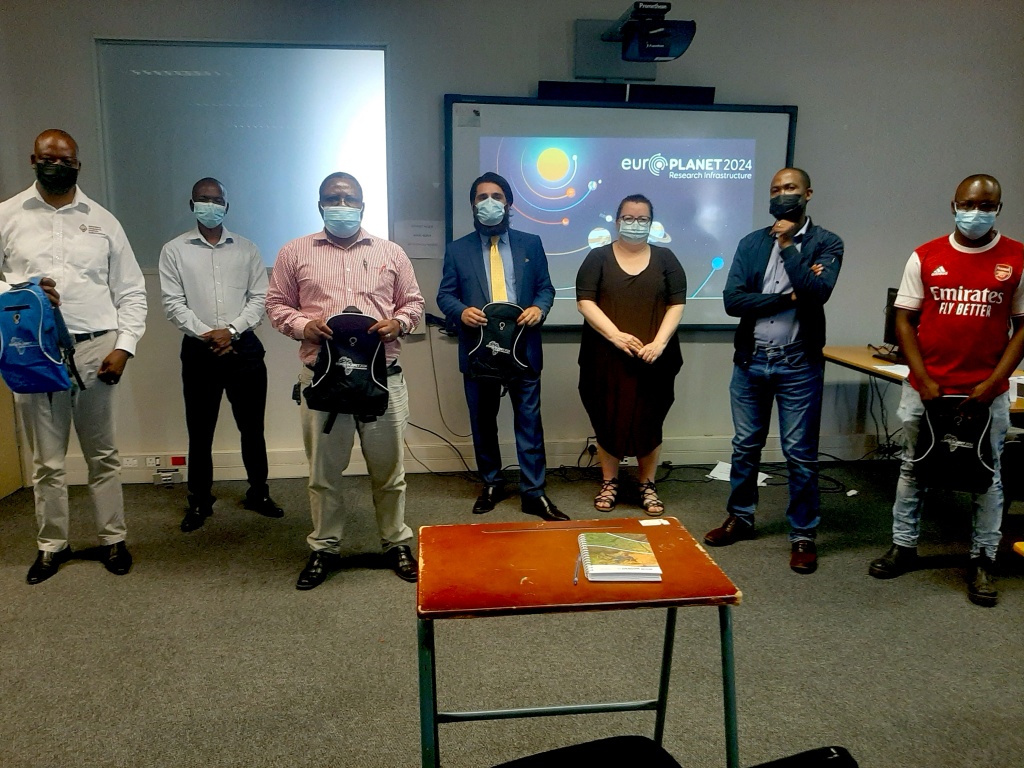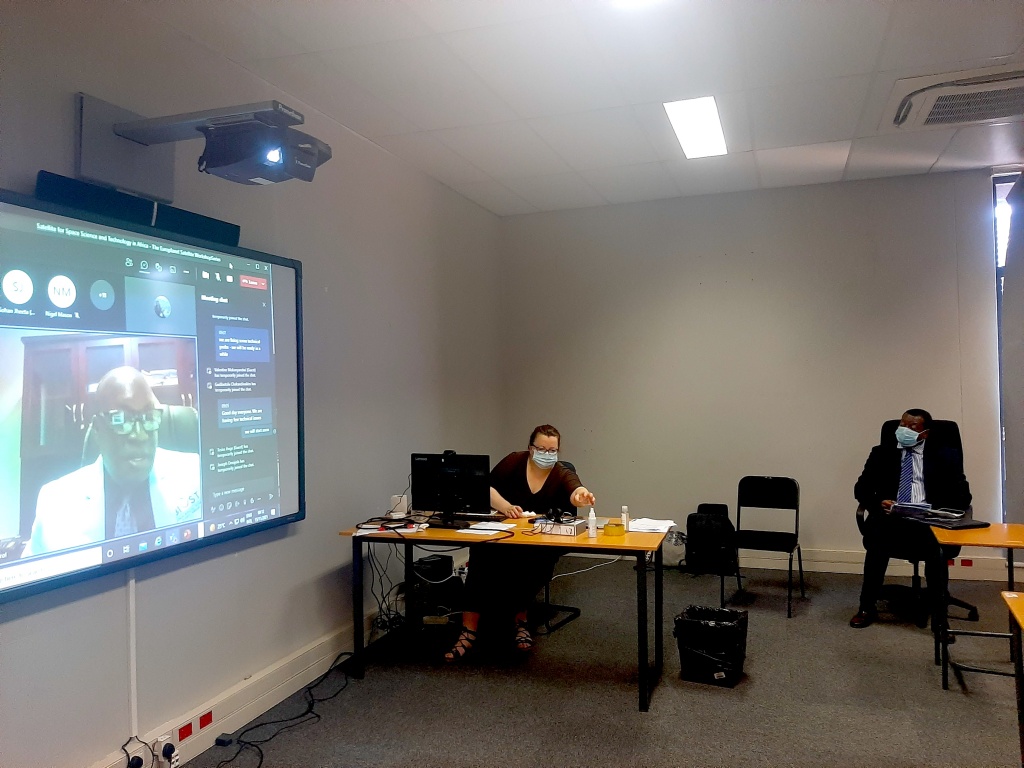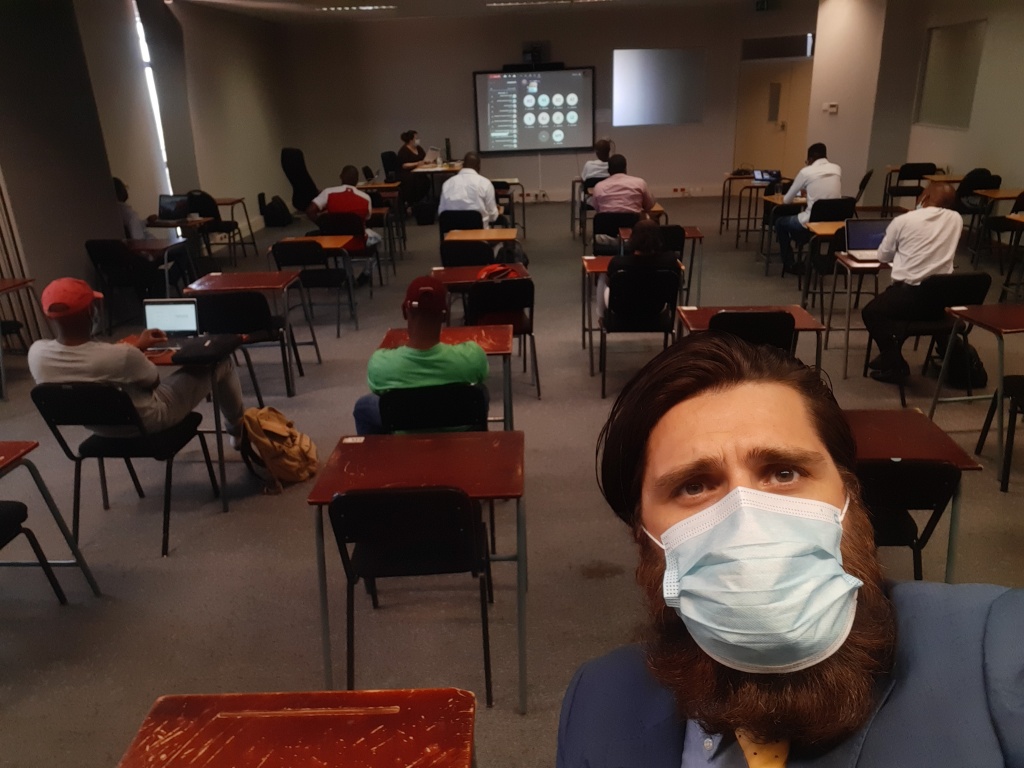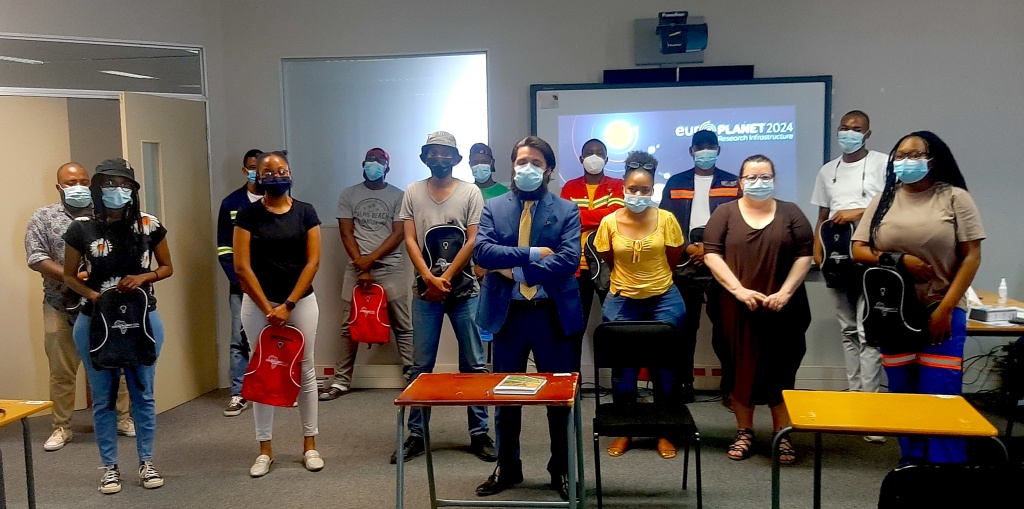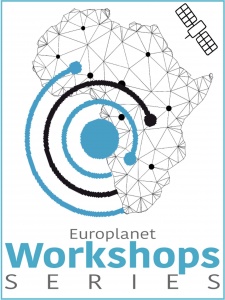Europlanet Transnational Access on Show at ATOMKI-Hosted Workshop
The HUN-REN Nuclear Research Institute (ATOMKI) recently hosted a two-day workshop on Radiation-Driven Chemistry in Astrophysics and Planetary Science. Around 45 international participants attended and discussed developments in astrochemistry and present the latest results of research. The first day finished with a round-table discussion on some of the challenges and opportunities for the astrochemistry community
Several presentations over the two days featured work carried out through the Europlanet 2024 Research Infrastructure (RI) Transnational Access programme in the ATOMKI laboratories.
Participants were given tours of both ATOMKI facilities offered fro (TA) through Europlanet, the Atomki Ice Chamber for Astrophysics/Astrochemistry (ICA) and the Atomki ECRIS Laboratory: Atomki-Queen’s University Ice Laboratory for Astrochemistry (AQUILA).
Find out more about the workshop.
Find out more about how the ATOMKI facilities have been developed through support from the Europlanet 2024 RI project.

Report from the Radiation-Driven Chemistry in Astrophysics and Planetary Science Workshop
(Reposted in English from the original on the ATOMKI website, with thanks to ATOMKI and the workshop organising committee.)
The HUN-REN Nuclear Research Institute (ATOMKI) recently hosted specialists researching chemical processes in outer space. The aim of the two-day event called Radiation-Driven Chemistry in Astrophysics and Planetary Science Workshop was to review the development directions of astrochemistry and to present the latest results of measurements carried out in the ATOMKI laboratories in the framework of international collaborations.
The starry sky is magical and enchanting. Humanity has been preoccupied with the regularities observed in the movement of celestial objects since its inception. In addition to observing with the naked eye, thanks to the development of technical devices, we first used binoculars and then spectroscopic (spectroscopic) methods to spy on the sky. And the space tools launched into outer space expanded our horizons and our possibilities explosively. Today, many disciplines deal with the study of our remote environment.
Astrophysics – hand in hand with astronomy – deals with the origin, history and structure of the world, the creation of chemical elements, and nuclear physical processes taking place in stars. Nuclear astrophysics research is largely carried out with the help of particle accelerators, where nuclear physics reactions are created, modeling the processes taking place in stars.
Astrochemistry studies the chemical processes taking place in outer space. How do more complex molecules form in the cradles of stars, in these very cold and distant molecular clouds, in the thin layers of ice containing atoms and smaller molecules deposited on the particles of cosmic dust? What chemical transformations take place on the surface and atmosphere of planets, moons, comets, and asteroids?
According to research, it is becoming more and more obvious that cosmic radiation and the high-energy particles emitted by stars, such as photons, ions and electrons, play a decisive role in these chemical processes. Their flow is called the stellar wind or, in the case of the Sun, the solar wind.
With the help of instruments on the ground and in space, we can also determine the chemical composition of very distant celestial bodies and nebulae. Among the hundreds of molecules detected in outer space, you can find the building blocks of living organisms, as well as larger organic molecules. Astrobiology deals with the study of the processes leading to the creation of life.
Molecules in the distant regions of outer space can be identified with the help of space telescopes (such as the James Webb Space Telescope) that use the method of radio astronomy and spectrum analysis in the infrared range (spectroscopy), and thus learn something about the chemical processes taking place there. In the closer places, within the Solar System, the probes of the space missions perform direct sampling and measurements.
However, in order to interpret the data, it is necessary to model the effect of cosmic radiation, the stellar wind, and the solar wind on molecules and thus on chemical processes here on Earth in laboratory conditions. Most of the processes taking place in the Solar System can be modeled with the help of high-energy ions and electrons created by ATOMKI’s particle accelerator equipment, ion and electron sources. Dozens of foreign groups come to the institute every year to take advantage of the facilities offered by the equipment.
With the particle beam, ices of a special composition are irradiated, such as are found on the surface of icy celestial bodies in our Solar System. Chemical changes are followed by infrared spectroscopic methods. In the research in this direction at the institute, the focus of attention is currently on the experimental modeling of the processes taking place on the icy moons of the planet Jupiter. With these experiments, ATOMKI supports the Jupiter Icy Moons Explorer (JUICE) mission of the European Space Agency (ESA).
April 25-26, 2024. The two-day meeting that took place between The majority of the 43 participating researchers came from Europe and America. The cooperating partners reported on the results of their measurements carried out in the laboratories of ATOMKI. The leading researchers of the profession analyzed the directions of the development of astrochemistry and reviewed the opportunities and challenges that arise in relation to astrochemistry in the fields of space research, space industry and climate research. The experts visited ATOMKI’s particle accelerator equipment and laboratories, where research conducted in international cooperation can continue in the future.


